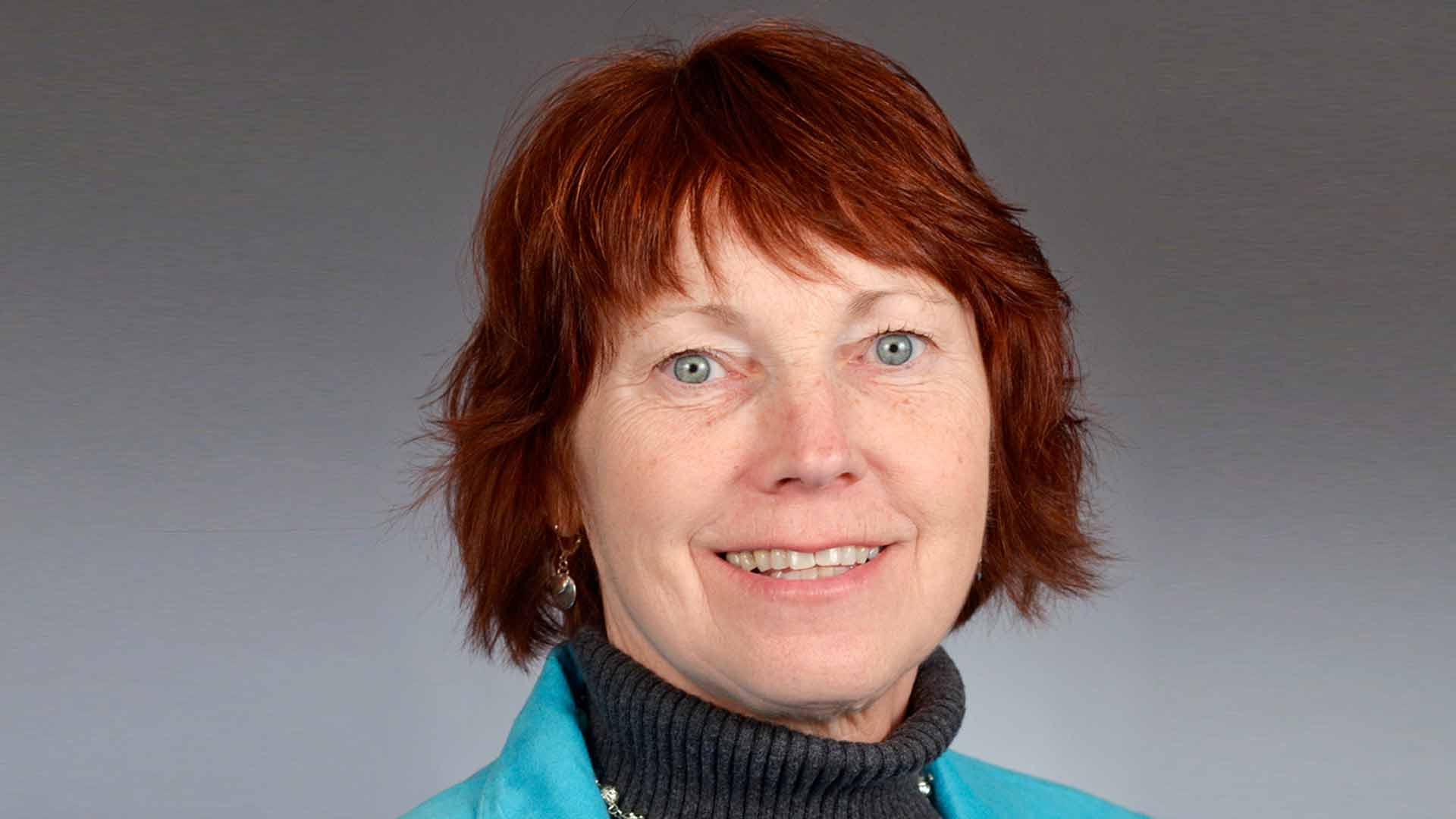This quarter, Ag Innovation News highlights one of its newest board members, Rep. Jeanne Poppe. In addition to her role on the Board of Directors, Poppe is also currently the chair of the Minnesota House Agriculture and Food Finance and Policy Division. Read on to learn more about her background and goals for the future.
AIN: Please tell our readers a little about your background.
JP: I am a native of southeastern MN. I grew up on a farm about a mile outside of the city limits of Houston, MN. After graduating from Houston High School, I attended college in LaCrosse, Wisconsin and then transferred to the University of Wisconsin River Falls where I graduated with a BA in sociology. After a couple of years of working, I continued my education by going to Winona State University for a Master’s degree in counseling.
I have worked as a county financial worker, a legal services paralegal, and a family counselor, prior to beginning my career with Riverland Community College. I recently retired after 28 years from my work as a college counselor.
I have lived in Austin since 1984 where my husband and I raised our three children. I served on the Austin City Council for 8 years. I was elected to the MN House in 2004 and have served continuously since.
I currently serve as chair of the House Agriculture and Food Finance and Policy Division.
AIN: What do you think is the biggest challenge faced by farmers today?
JP: It may be difficult to pinpoint one thing as the biggest challenge. Farmers are accustomed to taking risks and facing the usual ups and downs with weather and markets. It seems the biggest challenge or frustration is when they are subject to decisions made by others which doesn’t help their farming operation (and by perception or reality harms them).
AIN: How can Minnesota best support its agricultural industry?
JP: Farmers generally make the best decisions they know how to make for their enterprise. So first and foremost, listening to our farmers and understanding their struggles and perspectives will go a long way in showing support. As the weather changes cause them to consider new practices for soil health and economic prosperity, the legislature should support research in new crops and animal welfare, as well as provide incentives for new ideas and transitions. Helping them increase their markets (locally and globally), helping them as they want to begin or retire from farming, and assisting them as they adapt to climate change and disease are all ways to provide support.
AIN: Which Ag-related issues are most important to you?
JP: While I am interested in a wide variety of ag-related issues there are three that are most important to me.Agricultural education, including growing the number of students within these programs in the state. If we have more agriculture educators, we will have more FFA chapters, which will lead to more students gaining exposure to agricultural education and future career opportunities in agriculture.Strengthening and increasing mental health resources for farmers.Growing possibilities for emerging farmers – including transitions from those wanting to retire to those wanting to begin farming.
AIN: What are your goals as a new board member?
JP: I want to be helpful to the operation and supportive of the entrepreneurial nature of the Institute.
